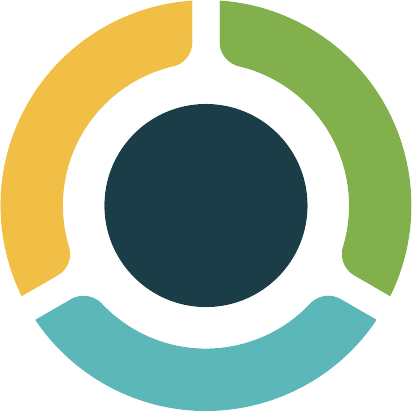It’s a fundamental fact of life: you never truly understand something until you have to use it.
Knowing what Progressive Nonfluent Aphasia (PNFA) is versus actually treating and documenting records for a patient struggling with it are two very different things.
Knowing that the clinic you plan to work in (or one day start) uses an Electronic Medical Record (EMR) software, versus actually using one…well, those are just as different.
The simple truth is, whether your discipline is speech pathology, audiology, occupational therapy, physical therapy, or anything in between, you need to know the science of your craft AND you need to know how to apply it accurately…in your EMR system.
A New Reality in Medical Treatment: Software
As the world of healthcare continues to evolve, more and more universities are having their students familiarize themselves with EMR platforms. If you’re going to be an excellent clinician in modern medicine, you’re going to need to manage these tools to their fullest potential.
Of course, medicine is people first. It just so happens that some of those people are the medical professionals who are benefitting from the good that EMR platforms can provide.
1. Learning Efficiency and Accuracy
With the concept of “burnout” being at an all-time high in our society, there are few jobs out there that are more popularized for being grueling and arduous than the medical professions.
And this is where EMR software has made some of the most tedious and time-consuming tasks simple and consistently accurate.
Rapidly accessing patient information, reducing paperwork, streamlining appointment processes—these efficiencies created by EMR tools give practitioners more face-to-face time with patients, more time at home with their families, and the added benefit of reducing the number of incoherent scribbles on paper-based charts.
To be successful in your practice, you are going to need to be well-acquainted with the functions of an EMR software. Failure to learn to maximize your time through a well-implemented EMR is a recipe for burnout and frustration.
2. Keeping You and Your Patients Safe
The value of effective use of an EMR platform cannot be overstated when it comes to protecting both you and your patients.
Knowing how to effectively use an EMR can prevent you from doing something detrimental to your practice or the health of your patients. The carefully designed and consistent process that an EMR provides is the foundation point to ensure you are doing the right things the right way, and documenting it.
It’s a tired phrase, but one that every student learns well when they become a practitioner—if it isn’t documented, it didn’t happen.
That’s an important lesson to learn early, because it will serve you well to routinely and accurately use your EMR system should you ever be audited or the subject of litigation.
3. Knowing Your Numbers and Theirs
Clinicians who want to serve people well—and make a living while doing it—need to understand the ins and outs of their EMR solution. This is because it's not only the tool to monitor patient progress, but it is often the tool that says the most about clinic health.
Great practitioners use their EMR to monitor patient outcomes and refine their approach to create the most effective treatments for their patients. Being able to see and chart data over time is a powerful tool in this regard.
This is well and good, but that same clinician who is focused on their treatment outcomes—while failing to monitor client cancellations, insurance submissions, and overdue billing—won’t be helping clients for very long.
Learning to use an EMR platform to monitor these key factors for a well-run clinic is critical for your success as well as your patients.
Learn Your EMR
In the dynamic world of healthcare, proficiency in electronic medical records software is more than a skill—it's a vital component of effective, efficient, and high-quality patient care.
And as healthcare continues to change and improve, the demand for professionals who know how to effectively manage an EMR platform is only increasing—at least that’s what our clients keep telling us.
So get started today. Learn to use the tools at your disposal well. Study at a school that has implemented a modern and fully integrated EMR solution.
And if the platform you’re using seems too complicated to make all of this possible—try ClinicNote, the full-suite electronic medical record system designed specifically for university and private practice settings.
